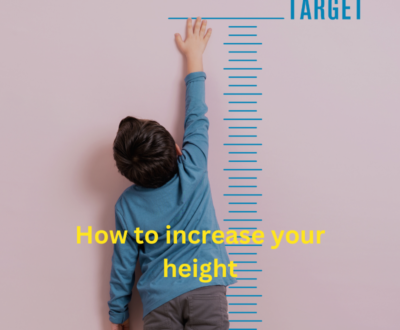Introduction:
Today we will tell you how fitness changes our life. In the hustle and bustle of daily life, we are unable to pay attention to our body, which affects our mind and we become mentally unhealthy. The link between the body and mind is not just a cliché but a scientifically proven fact. Engaging in regular physical activity has far-reaching benefits, extending beyond the realms of a toned physique and increased stamina. Let’s delve into the ways in which fitness plays a crucial role in nurturing our mental health.

Release of Endorphins:
Exercise triggers the release of endorphins, often referred to as “feel-good” hormones. These neurotransmitters interact with the receptors in the brain, reducing our perception of pain and triggering a positive feeling in the body. a jog in the park, a session at the gym, or even a brisk walk can elevate your mood and alleviate symptoms of anxiety and depression
Stress Reduction:
The cause of stress can become a demand of life, and chronic stress can take a toll on mental health. If physical activity is done then it helps in reducing stress and promoting the production of neurochemicals that combat the effects of stress. Whether it’s through the rhythmic flow of yoga or the intensity of a high-intensity workout, exercise helps in dissipating accumulated tension.
Improve your Sleep Quality:
The best way to reduce stress is to improve the quality of your sleep. Quality sleep is paramount for mental health, and regular exercise can contribute significantly to a good night’s rest. Engaging in physical activity enhances the length and depth of sleep, allowing the body and mind to rejuvenate. Improved sleep, in turn, positively influences mood, cognitive function, and overall mental resilience.
Enhanced Cognitive Function:
Physical activity is not just beneficial for the body; it also has a profound impact on cognitive function. Regular exercise has been linked to improved memory, sharper focus, and faster learning. The increased blood flow to the brain during exercise promotes the growth of new neurons and enhances overall brain function, playing a pivotal role in mental acuity.
Social Connection:
Many fitness activities involve social interaction, whether it’s joining a group class, participating in team sports, or having a workout buddy. Social connection is a crucial aspect of mental well-being, providing emotional support and a sense of belonging. The camaraderie built through shared fitness goals can positively impact self-esteem and reduce feelings of loneliness.
Conclusion:
We cannot progress unless our mental health is good. In a society where mental health issues are on the rise, recognizing the symbiotic relationship between fitness and mental well-being becomes crucial. Physical activity is not merely a means to sculpt the body; it is a potent tool for cultivating a resilient and balanced mind. Incorporating regular exercise into our lives can pave the way for a healthier, happier, and more mentally resilient existence. So, the next time you lace up your running shoes or roll out your yoga mat, remember that you’re not just working on your physical fitness – you’re investing in your mental health as well. Now you must have known how fitness changes our life.
More from our blog
See all postsRecent Posts
- Benefits of doing yoga daily March 9, 2024
- how to increase your height March 6, 2024
- Benefits of doing sudarshan kriya daily: How it works March 2, 2024









